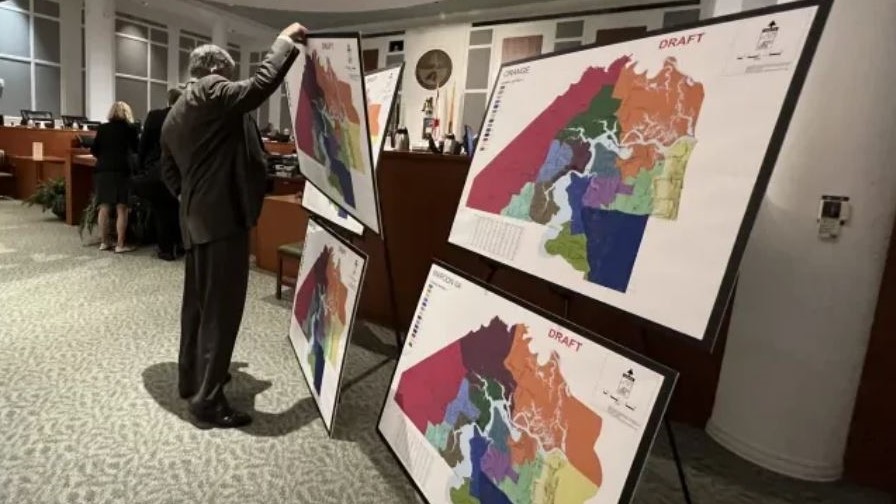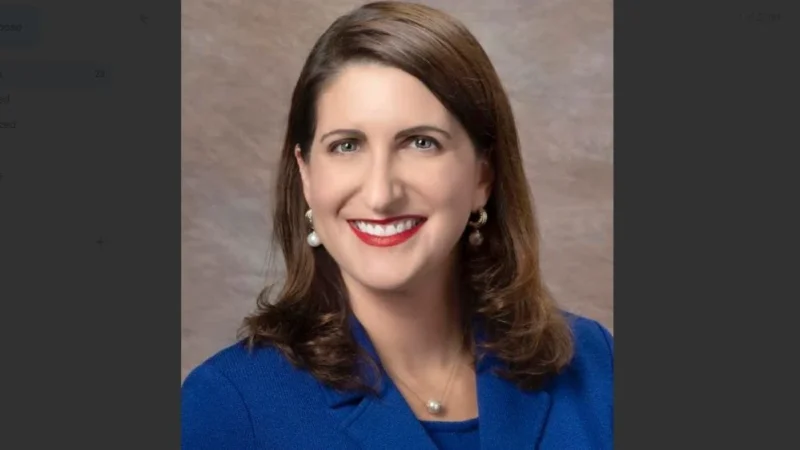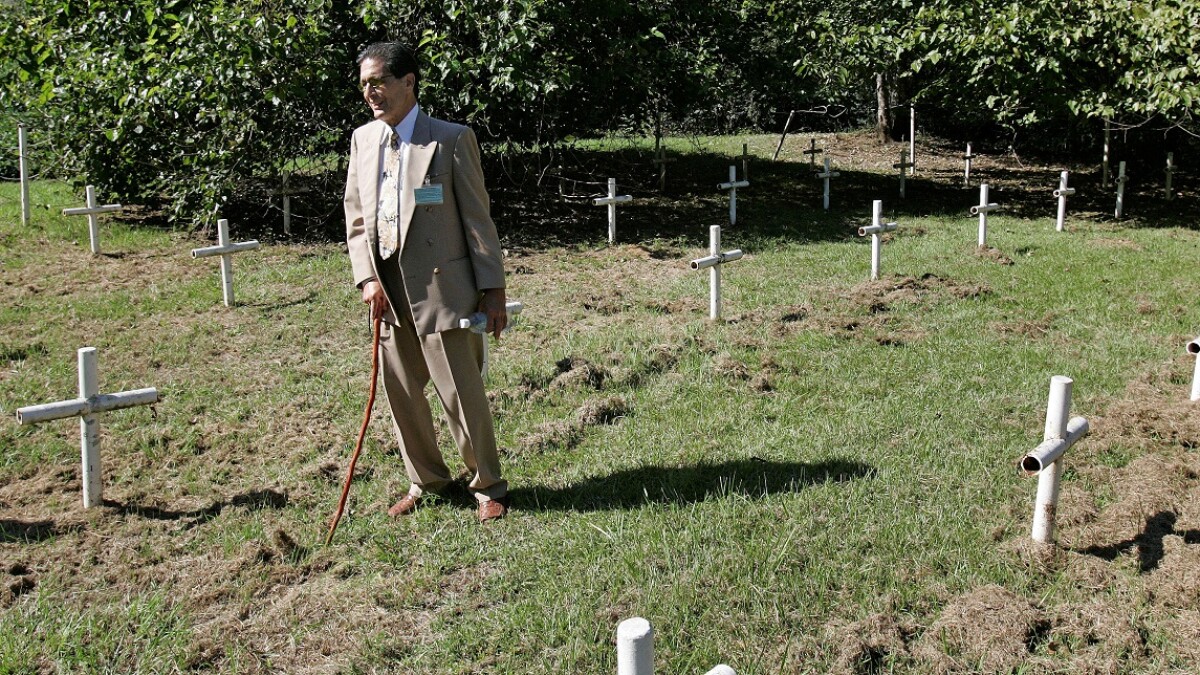U.S. District Judge Marcia Morales Howard won’t order the city of Jacksonville to hold special elections this year for two racially gerrymandered Duval School Board seats, allowing the members elected in those districts to remain in office until their regular election in 2026.
School Board members Darryl Willie and Charlotte Joyce, from the districts identified as racially gerrymandered, will keep their positions without a new election this year.
The ruling Friday marks the conclusion of a yearslong battle that saw hundreds of residents protest City Council and School Board district maps that segregated voters on the basis of race.
Howard previously struck down those maps, and when the City Council — which is tasked with drawing its own 14 districts and the School Board’s seven districts — tried again to pass new ones, Judge Howard wrote that “the city’s effort to do so was hamstrung by its failure to address Jacksonville’s thirty-year history of racial gerrymandering.”
She then ordered the city to use maps made by the suing civil rights groups.
In Jacksonville, the City Council draws its own 14 districts, and then the council forms each of the Duval County School Board’s seven districts by merging two council districts together.
All 14 council districts, including the seven struck down by Howard, faced new elections last year. Of those seven changed council districts, Black voters were able to elect their preferred candidates in five, an increase from past decades where packing Black voters into just four districts had limited their influence in city races.
City lawyers lost five times in court fighting the lawsuit and appealing Howard’s decisions before the council finally accepted a settlement.
The lawsuit relied on reports from The Tributary that revealed the city had racially gerrymandered its districts for decades based on misinformation about what federal law required.
In past redistricting cycles, including in 2011, council members mistakenly believed they needed to draw certain districts to be at least 60% Black. That misperception, which began in the 1980s and 1990s and was called “misinformation” by the U.S. Department of Justice, continued influencing how council members wanted to draw districts last year.
Under the city’s proposed 2023 map, four of the 14 City Council districts held 54.5% of the county’s Black residents, with the Black populations in those districts ranging from 61% to 70% Black. Under the court-ordered map, those districts held 50.6% of the county’s Black residents, and the populations ranged from 41% to 85% Black.
Council members had claimed in court they were trying to protect incumbents and certain political candidates, not to pack Black voters into certain districts, but Howard rejected that claim.
But when plaintiffs asked Howard to order the city to conduct special elections for the two racially gerrymandered School Board seats that aren’t up this fall, she declined.
The plaintiffs included the Jacksonville Branch of the NAACP, the Northside Coalition, the ACLU of Florida Northeast Chapter and Florida Rising, along with 10 Jacksonville voters.
School Board members from Districts 2, 4 and 6 were elected in 2022 with maps first enacted in 2011, but the plaintiffs never technically challenged the legal validity of the 2011 map. Howard noted the 2011 maps were “likely” racial gerrymanders, but since they weren’t challenged, there was nothing she could do.
The 2011 redistricting cycle was marred by misunderstandings of federal requirements and accusations of racial gerrymandering. That set the stage for the current legal dispute.
In fact, every decade going back to 1981, voters raised concerns about racial gerrymandering but were ignored by City Council members who claimed to know better. Until this cycle, no one had ever sued.
Without the special election, School Board Districts 1, 3, 5 and 7 will face elections in August and runoffs in November for any race where no candidate received a majority of the votes.
Of those, School Board District 5 is the only one that was substantially changed by the new map.
The plaintiffs “achieved success in that the Enacted Plan was not and will not be used in any election,” Howard wrote. “But plaintiffs did not challenge the 2011 plan or seek any relief related to the harm to voters that could result from the use of that plan in the August 2022 election. The Court recognizes plaintiffs’ concern for the plight of the impacted voters, but their attempt to seek relief for those voters in this action and particularly at this stage of the proceeding is improper.”
The conclusion of the case means transcripts of the City Council members’ private meetings with lawyers will now become public. The Tributary renewed its request for those records Friday.
Lead image: Then-General Counsel Jason Teal sets up proposed maps at a redistricting meeting after a federal court ordered the Jacksonville City Council to redraw its district maps. | Andrew Pantazi, The Tributary
This story is published through a partnership between The Tributary and Jacksonville Today.







